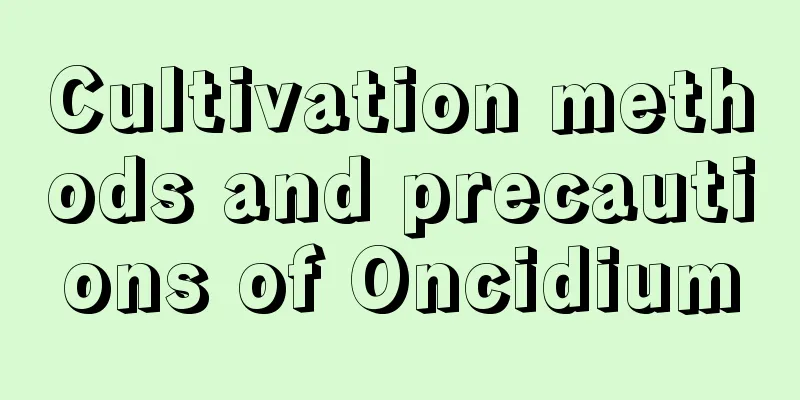How to cultivate sea dianthus

1. Maintenance methods1. Temperature: It likes a warm growing environment. The suitable temperature for growth is between 15 and 25 degrees. It needs to keep warm in winter. It is not recommended to spend the winter outdoors, because the low temperature in winter can easily freeze its tubers, and it will not germinate and grow normally the next year. High temperatures in summer should also be avoided, because its growth will become very slow in high temperature environment. It can be cooled down by spraying water mist. 2. Watering: For its growth, moist soil is needed. The specific watering needs to be combined with its growth conditions and seasonal changes. The period from spring to summer is when it needs water the most, so the amount of watering should be gradually increased. This will produce the best plants, but you can reduce watering from the fall onwards, and even less water will be needed in the winter. 3. Light: Adequate light needs to be provided during the growth period so that normal flowering will not be affected. But the light should not be too much, and the high temperature and strong light in summer also need to be avoided. Appropriate shade should be provided to prevent sunburn. 4. Fertilization: The requirements for fertilizer are not very high. The specific fertilization can be determined based on the growth of the plant itself. Usually, fertilizer can be applied every two to three weeks. Stop using nitrogen fertilizer during flowering. 2. Breeding techniques1. Reproduction: Sowing and division are the two most commonly used methods. Sowing can be done in spring and autumn, but be careful not to let the temperature be too cold during these two times. Division is very simple, but you must pay attention to the details. If you are not careful, it will lead to the death of the plant. After division, the plants need to be kept warm to facilitate germination. 2. Pruning: If you want it to bloom out of the pot, you need to cut off some useless branches and leaves, and prune the old branches appropriately, which can promote the germination and growth of new branches. 3. Problem diagnosis and treatment1. Disease: Rust will occur, which will cause some brown spots to appear on the branches and leaves of the plant. It must be controlled in time. You can spray carbendazim solution once every ten days to prevent it. 2. Pests: Aphids will occur. This pest will appear in the summer and can be controlled by spraying dichlorodiphenyltrichloroethane solution. IV. Other issues1. Toxicity: It is non-toxic and can be raised without worrying about poisoning. 2. Can it be raised at home? Yes, but it will not grow as well at home as outdoors. |
<<: How to grow Magnolia arborvitae
>>: How to grow red scale syzygium
Recommend
Can the golden branches and jade leaves be exposed to the rain? Are they afraid of the rain?
Jade Plant is a plant that can be grown outdoors ...
What do aquatic plants need to grow?
1. Plenty of sunlight Sunlight is needed by all p...
These 5 kinds of flowers are healthy and long-lived. The earlier you start to grow them, the better. You will never regret it when you are old!
honeysuckle Honeysuckle is white when it first bl...
How to grow money tree to make it flourish
1. Repot every year If you want the money tree to...
Can succulents be exposed to rain? Can they be placed outdoors in the rain?
Succulents can tolerate moderate amounts of rain....
These plants are more popular in smog-prone weather
Flowers that are favored on smoggy days Everyone ...
How to grow green radish quickly
1. How to grow fast in soil 1. Appropriate light:...
How to make the red flower jade produce small balls
illumination The red flower jade likes sunlight a...
Spring foal breeding method
1. Cutting 1. Time: The time is not very restrict...
How to prune asparagus fern when its leaves turn yellow
1. How to trim Once the leaves of asparagus fern ...
What kind of fertilizer is good for lotus root base fertilizer (base fertilizer application method)
Lotus root fertilizer effect When lotus root is g...
What is the best month to plant peony flowers?
When to plant peony flowers It is more suitable t...
How to Propagate Chandelier Hibiscus
Cutting propagation of chandelier hibiscus Cuttin...
When is the best time to plant strawberries in the south?
Strawberry planting time in the south The plantin...
How to plant Polygonatum odoratum seeds
Planting period Polygonatum odoratum seeds are su...









